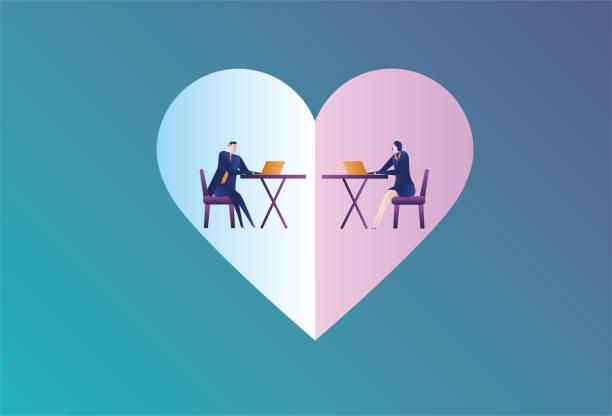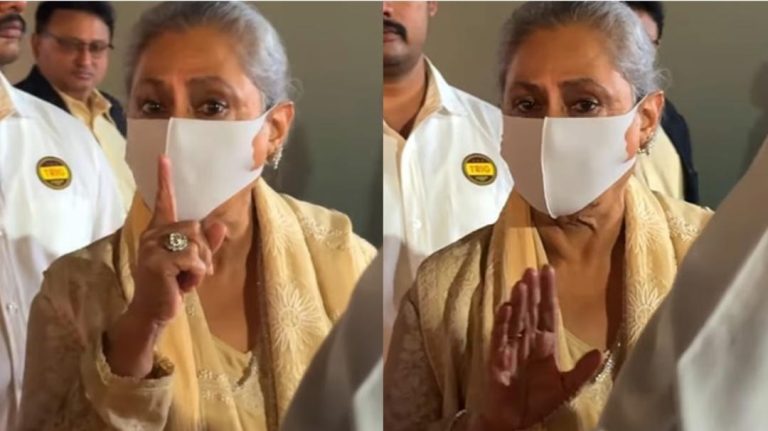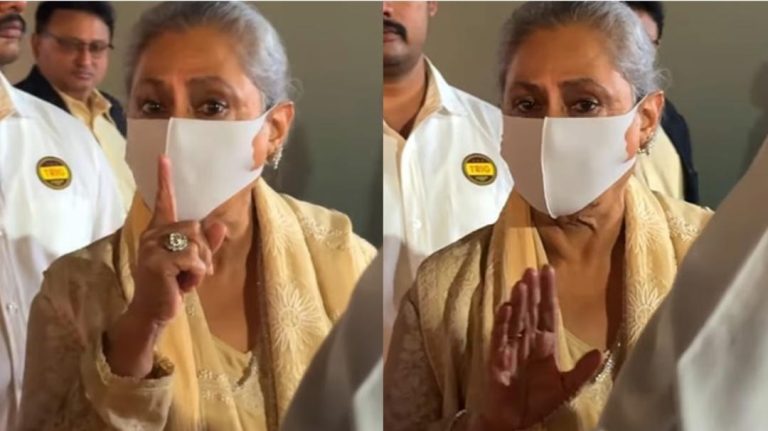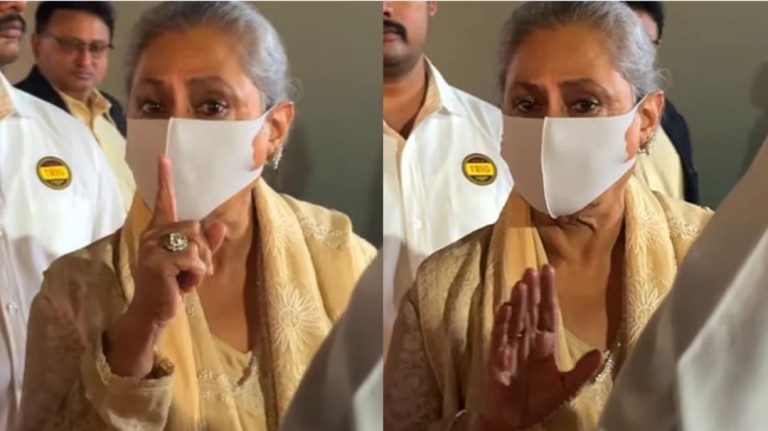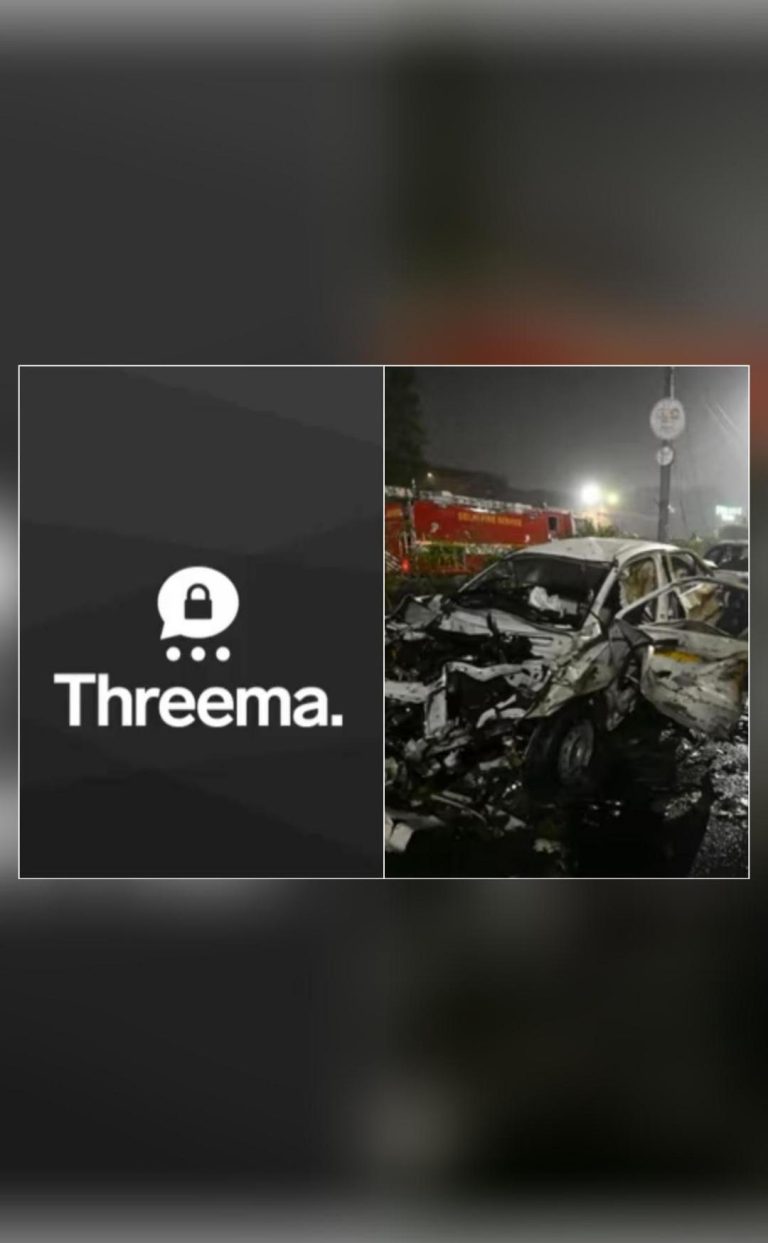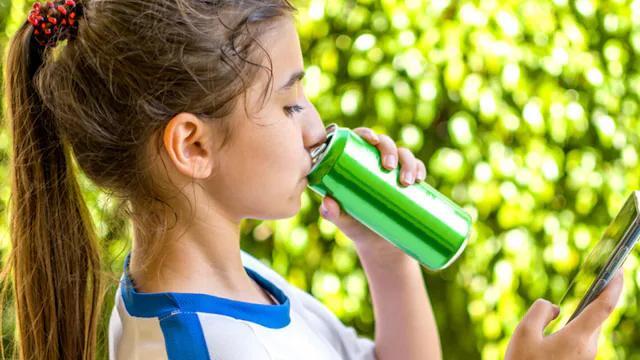
Russia Bans Energy Drinks for Children Under 18
In a significant move to protect the health of its young population, Russia has passed a law banning energy drinks for children under the age of 18. The law, which came into effect on Thursday, aims to prevent the consumption of energy drinks by minors, citing studies that link these drinks to heart disease in children.
Energy drinks have become increasingly popular among children and teenagers in recent years, with many believing that they provide a quick and easy way to boost energy and alertness. However, these drinks often contain high levels of caffeine, sugar, and other stimulants that can have serious negative effects on the body, particularly in young people.
According to a report by RT, the Russian government has cited a number of studies that highlight the risks associated with energy drink consumption in children. These studies have shown that energy drinks can lead to increased heart rate, blood pressure, and cardiac arrhythmias, as well as dehydration, anxiety, and sleep disturbances.
The Russian law is not just a warning to parents and children, but also a significant deterrent for those who choose to ignore it. Citizens who are found violating the law will be fined from ₹30,000 to ₹53,000, officials will be fined from ₹1 lakh to ₹2 lakh, and legal entities will be fined from ₹3 lakh to ₹5 lakh.
This move by the Russian government is seen as a significant step towards protecting the health and well-being of its young population. Many experts have long warned about the dangers of energy drinks, particularly in children, and it is hoped that this law will serve as a wake-up call for parents and manufacturers alike.
The Russian law is not the first of its kind in the world. Several other countries have already banned energy drinks for children, including Norway, Denmark, and Belgium. The UK has also introduced stricter regulations on the sale of energy drinks, including a ban on sales in schools.
Despite these efforts, energy drinks remain popular among many young people. In the US, for example, energy drink sales have increased by over 10% in the past year, with many children and teenagers consuming these drinks as part of their daily routine.
The Russian law is a wake-up call for governments around the world to take action to protect the health of their young populations. Energy drinks are a significant public health concern, and it is essential that governments take steps to regulate their sale and distribution.
In addition to the Russian law, there are a number of other measures that governments can take to reduce the consumption of energy drinks among children. These include:
- Introducing age restrictions on the sale of energy drinks
- Regulating the amount of caffeine and other stimulants that can be contained in energy drinks
- Educating parents and children about the risks associated with energy drink consumption
- Promoting healthy alternatives to energy drinks, such as water and other low-sugar beverages
In conclusion, Russia’s ban on energy drinks for children under 18 is a significant step towards protecting the health and well-being of its young population. This law is a wake-up call for governments around the world to take action to regulate the sale and distribution of energy drinks, and to promote healthy alternatives to these drinks.
Source:


